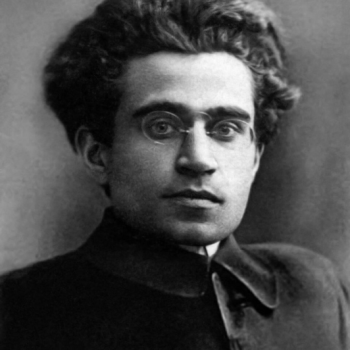One of the biggest stories in journalism last year had to do with the revelations from Edward Snowden about the extent of the National Security Administration’s surveillance program, which includes harvesting data from the cell phones and internet usage of non-accused American citizens as well as foreigners and their leaders.
Now the Pulitzer Prize committee is agonizing over whether to give the prestigious award to the newspapers that broke the story–the Washington Post and the London Guardian–even though it was illegal for their source to leak the classified material. What do you think?
From Dylan Byers, Edward Snowden looms over Pulitzer Prizes – Dylan Byers – POLITICO.com:
Next month, the trustees who oversee America’s most distinguished journalistic award could face their toughest decision in at least four decades.
The issue before the Pulitzer Prize Board: Does it honor reporting by The Washington Post and The Guardian based on stolen government documents that are arguably detrimental to the national security of the United States, and which were provided by a man who many see as a traitor? Or, does it pass over what is widely viewed as the single most significant story of the year — if not the decade — for the sake of playing it safe? . . . .
The risks are manifold, and there is no easy answer: Honoring the NSA reporting — particularly in the coveted category of Public Service — would inevitably be perceived as a political act, with the Pulitzer committee invoking its prestige on behalf of one side in a bitter national argument. In effect, it would be a rebuttal to prominent establishment voices in both parties who say that Snowden’s revelations, and the decision by journalists to publish them, were the exact opposite of a public service. President Barack Obama has said that Snowden’s leaks “could impact our operations in ways that we may not fully understand for years to come.” Former Vice President Dick Cheney has called him “a traitor.” Snowden, who is living in Russia, is facing three felony charges in a criminal complaint filed by the Justice Department.
Yet to pass on the NSA story would be to risk giving the appearance of timidity, siding with the government over the journalists who are trying to hold it accountable and ignoring the most significant disclosure of state secrets in recent memory. It would also look like a willful decision to deny the obvious: No other event has had as dramatic an impact on national and international debates over state surveillance and individual privacy. Last December, in a move that Snowden later described as vindication, a federal district judge ruled that the NSA surveillance Snowden exposed most likely violates the Constitution. Another judge later found the surveillance lawful.














